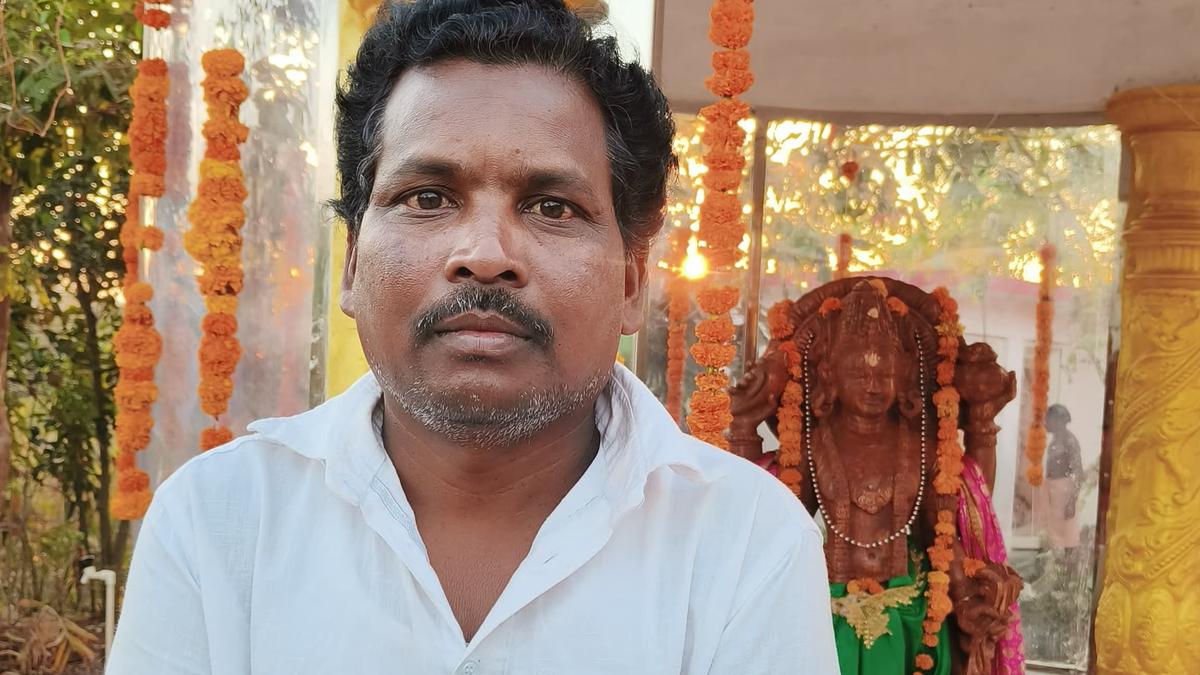
Odisha tribal healer’s remedies for chronic diseases to undergo scientific validation under Ministry of Ayush initiative
The Hindu
Tribal healer in Odisha impresses Ayurvedic experts with traditional treatments for chronic diseases, sparking scientific curiosity and conservation efforts.
In the quiet foothills of Tentuliguda, a remote village in Odisha’s Koraput district, where age-old wisdom thrives around leaves, epidermal plant tissues, and roots, a humble four-room building serves as a laboratory for a tribal healer. Recently, this unassuming space hosted 17 Ayurvedic experts, including the Director General of the Central Council for Research in Ayurvedic Sciences (CCRAS).
Hari Pangi, a beneficiary of indigenous healing knowledge passed down through five generations, has signed a non-disclosure agreement with CCRAS under the Ministry of Ayush for the preservation and validation of local tribal health traditions being practised in his village. If successful, his traditional methods for treating chronic kidney diseases, hypertension, and cancer could gain recognition.
Professor Rabinarayan Acharya, Director General of CCRAS, said they were “quite impressed” with Mr. Pangi’s traditional approach. Citing the high demand for Mr. Pangi’s services, with 100-125 patients visiting on Sundays, 70 on Saturdays, and 25 on weekdays, Prof. Acharya noted that “this indicates his formulations are working”.
According to him, CCRAS is particularly interested in Mr. Pangi’s traditional treatments for chronic kidney diseases, hypertension, and cancer. To validate his claims, CCRAS will deploy an Ayurvedic degree holder to work alongside Mr. Pangi for a year, interacting with patients and cross-checking the effectiveness of his formulations. Based on the report, CCRAS will proceed with further research on the three treatments, Prof. Acharya said.
Sri Gupteswar Herbal Medicine and Training Traditional Technology Research Centre, Mr. Pangi’s research institution, has become an unexpected hub of scientific curiosity over the past two days. The centre drew tribal healers from southern Odisha districts, who gathered to share their experiences and knowledge on providing health care to remote communities.
The CCRAS organised a workshop at Mr. Pangi’s campus, emphasising the conservation of traditional medicinal plants through seed banks as a strategy to combat climate change. During the workshop, tribal healers received training to enhance their skills. Long before receiving formal recognition for his efforts, Mr. Pangi had already taken proactive steps, preserving over 400 seed varieties of plants with significant medicinal value.
“Our mandate is to validate the traditional knowledge of tribal healers through a structured process,” said Prof. Acharya. “We sign a non-disclosure agreement with them, under which we are bound not to disclose their healing methods. Every formulation and piece of information is critically analysed in a systematic manner,” he said.













